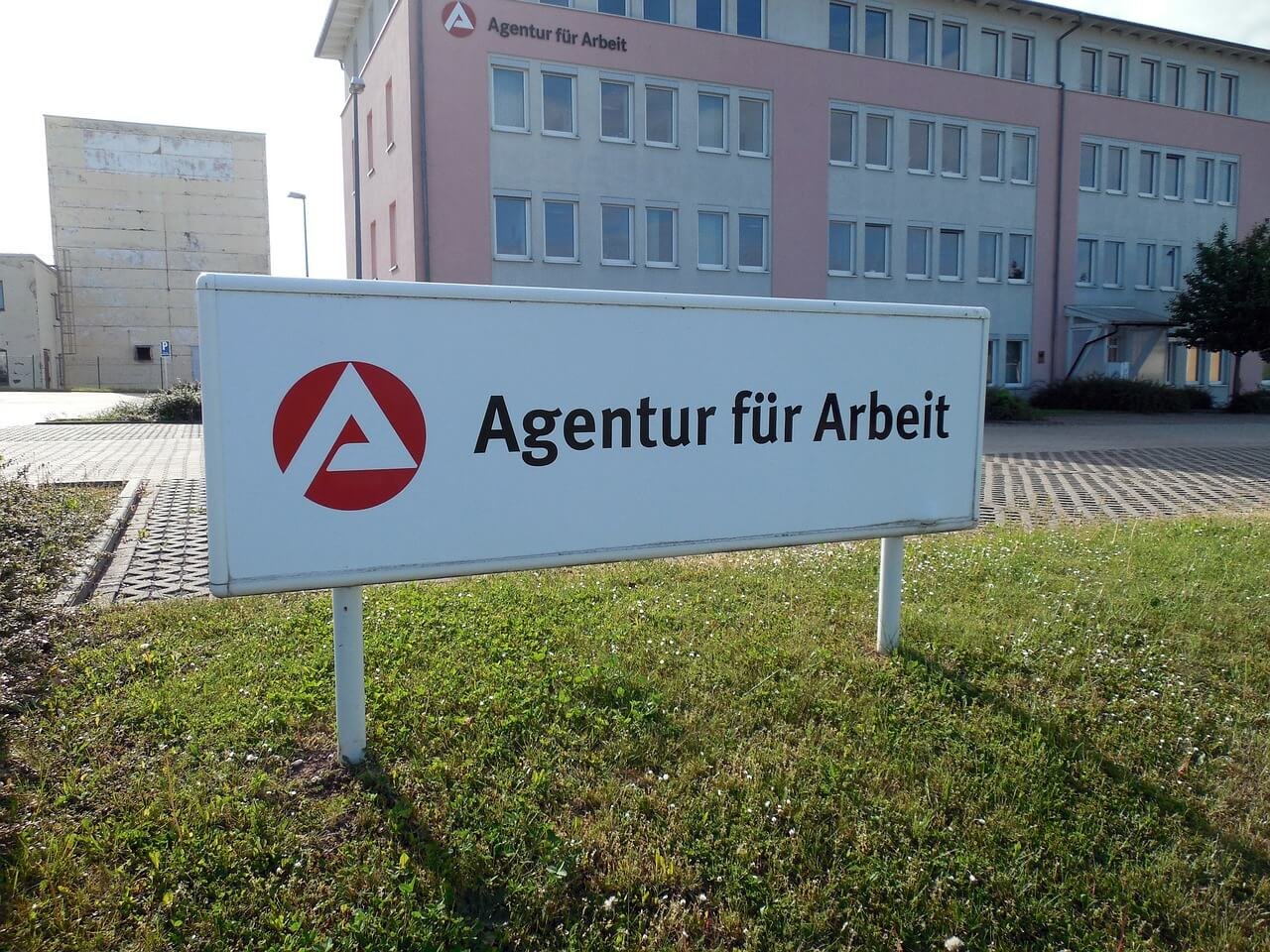In an effort to attract highly qualified professionals from non-EU countries, the European Union created the EU Blue Card, a residence and work permit designed to simplify skilled immigration and address labor shortages in key sectors.
Germany, as one of Europe’s largest economies and most attractive job markets, has adopted the EU Blue Card with enhancements that make it a leading destination for international talent. Whether you’re a software engineer from India, a doctor from Brazil, or an HR director hiring global talent, understanding the Blue Card system in Germany is essential.
This guide explains the eligibility criteria, legal process, benefits, and strategic value of the Blue Card—both for professionals seeking to live and work in Germany and for employers looking to hire from outside the EU.
Calculate your severance payment
Calculate the settlement amount for your individual case in 2 minutes
Content
- 1. What Is the EU Blue Card?
- 2. Blue Card in Germany: Key Requirements
- 3. Eligible Professions for the Blue Card
- 4. Blue Card vs. Standard Work Visa in Germany
- 5. Application Process
- 6. Duration and Extensions
- 7. Family Reunification
- 8. Moving Within the EU: Blue Card Mobility
- 9. Recognition of Foreign Qualifications
- 10. Advantages of the Blue Card in Germany
- 11. Recent Legal Updates (2023–2024)
- Conclusion
1. What Is the EU Blue Card?
The EU Blue Card is a special residence permit that allows highly qualified non-EU nationals to live and work in an EU member state. It was introduced in 2009 under EU Directive 2009/50/EC, and updated by Directive (EU) 2021/1883, which Germany implemented in 2023.
The Blue Card is intended for:
- University graduates or professionals with equivalent qualifications
- Individuals with a concrete job offer or employment contract in a qualified role
- Workers earning a minimum salary threshold defined by law
It offers a fast-track to residence, employment rights, family reunification, and eventual permanent residency or citizenship.
2. Blue Card in Germany: Key Requirements
To obtain the Blue Card in Germany, you must meet the following conditions:
📘 Qualifications:
- Recognised university degree (German or equivalent foreign degree)
- Alternatively: comparable vocational training in shortage occupations
💼 Job Offer:
- Employment related to your qualifications
- Full-time, with a signed contract or concrete job offer from a German employer
💶 Minimum Salary Threshold (2024):
- General: €45,300/year
- Shortage occupations (Mangelberufe): €41,041.80/year
(e.g. IT, engineering, healthcare, mathematics, natural sciences)
📝 Shortage occupation applicants do not need approval from the Federal Employment Agency (BA) if requirements are met.
Free initial consultation with a lawyer
Quick callback after 1 to 2 hours for a free initial consultation with a lawyer
3. Eligible Professions for the Blue Card
Germany has a specific list of shortage professions, which benefit from lower salary thresholds and faster processing.
Examples include:
- IT specialists (with or without formal degrees)
- Engineers (civil, mechanical, electrical)
- Physicians and nurses
- Scientists and researchers
- Mathematicians and statisticians
- Architects, surveyors, and building technicians
- Secondary school STEM teachers
📌 In some cases, relevant work experience can substitute for a formal degree (e.g. 3+ years in IT).
4. Blue Card vs. Standard Work Visa in Germany
To better understand the differences between Germany’s main work- and investment-based residence options, see the following comparison:
Residence Permit Comparison in Germany
| Criteria | Blue Card | Standard Work Visa | Self-Employment Visa (§21 AufenthG) |
|---|---|---|---|
| Target Group | Highly qualified non-EU professionals | Non-EU skilled workers | Entrepreneurs and business investors |
| Minimum Salary (2024) | €45,300 (€41,041.80 for shortage professions) | Depends on role and region | No minimum, but economic benefit required |
| Qualification Requirement | University degree or equivalent professional experience | Vocational or academic qualification | Business experience and viable business plan |
| German Language Required | No | Yes (A1 or higher) | Yes (A1 or higher) |
| Time to Permanent Residency | 21–33 months | 5 years | 3–5 years |
| Time to Citizenship Eligibility | 6–8 years | Usually 8 years | 6–8 years |
| Spouse Work Rights | Yes, unrestricted | Yes, with conditions | Yes, with family reunification permit |
| EU Mobility | Yes, after 12 months | Limited | No (Germany only) |
The Blue Card is the preferred option for highly qualified workers seeking legal certainty and long-term planning.
5. Application Process
🛂 From Abroad:
- Apply at a German embassy or consulate
- Submit degree recognition (via Anabin or ZAB)
- Provide job contract and salary details
- Obtain a national visa (D-type)
- Enter Germany and convert visa into a Blue Card at the Ausländerbehörde
🏢 From Within Germany:
If you are already legally residing (e.g. as a graduate, job seeker, or with another visa):
- Prepare application documents
- Book an appointment with the Foreigners’ Office
- Submit employment contract, qualifications, and proof of salary
- Receive Blue Card (typically valid 4 years or duration of contract)

Calculate severance pay now free of charge
- Calculate potential severance payment amount
- Strategy for negotiating a fair severance payment
- Find suitable lawyers for labour law
6. Duration and Extensions
- Typically issued for 4 years, or length of contract plus 3 months
- Renewable or convertible into a permanent residence permit (Niederlassungserlaubnis) after:
- 33 months with basic German (A1)
- 21 months with intermediate German (B1)
The Blue Card is a stepping stone to permanent status and, eventually, German citizenship.
7. Family Reunification
The Blue Card offers favorable conditions for family members:
- Spouses may work without restrictions in Germany
- No German language requirement for spouses prior to arrival
- Children may attend school or daycare and gain long-term residence rights
- Family members can obtain permanent residence alongside the primary applicant
8. Moving Within the EU: Blue Card Mobility
After 12 months of residence in Germany with a valid Blue Card, you may:
- Move to another EU country with a Blue Card system
- Apply for a Blue Card in that country without returning to your home country
- Count your time across different EU countries toward EU long-term residency
Exceptions: Denmark and Ireland do not participate in the Blue Card scheme.
9. Recognition of Foreign Qualifications
Germany requires verification of your education or training:
- Use anabin.kmk.org to check recognition
- Alternatively, obtain a statement of comparability from the Central Office for Foreign Education (ZAB)
- Non-academic qualifications (e.g. vocational training) may require IHK FOSA recognition
Degree verification is a key part of the Blue Card process and should be prepared early.
Calculate your severance payment
Calculate the settlement amount for your individual case in 2 minutes
10. Advantages of the Blue Card in Germany
✅ Fast-track processing
✅ Attractive salary conditions
✅ Clear path to permanent residence and citizenship
✅ Favorable conditions for spouses and children
✅ Legal security for long-term stay
✅ Access to the entire EU labor market (after 1 year)
11. Recent Legal Updates (2023–2024)
Germany’s Skilled Immigration Reform Act (Fachkräfteeinwanderungsgesetz) introduced major improvements:
- Broader qualification recognition (including IT without degrees)
- Lower salary thresholds
- Extended family reunification rights
- Points-based system introduced for other visa types
The Blue Card is now more flexible and accessible than ever for skilled professionals worldwide.
Conclusion
The EU Blue Card in Germany is one of the most efficient and secure pathways for highly qualified professionals to live and work in Europe. With attractive benefits for workers and their families, and a clear route to long-term settlement, the Blue Card is a cornerstone of Germany’s skilled immigration strategy.
Whether you’re a software engineer, healthcare worker, academic, or multinational employer hiring global talent, the Blue Card offers the legal clarity, speed, and mobility needed in today’s international labor market.

Free initial consultation with a specialist lawyer
- Free initial consultation with a lawyer
- Quick callback after 1 to 2 hours
- Strategy for negotiating the severance pay




